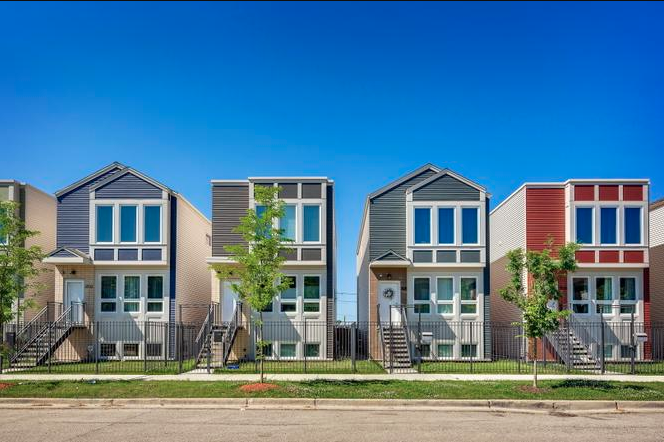Remember back in 2019 when Silicon Valley’s titans—Meta, Google, and Apple—promised to solve California’s housing crisis with a few spare billions from the couch cushions of their balance sheets? Fast forward six years and—spoiler alert—if you’re still waiting for affordable rent in Palo Alto, don’t hold your breath.

Meta: $1 Billion Becomes… a Rounding Error
Meta (back when it was still Facebook) pledged $1 billion to tackle the housing crunch. So far, it’s managed to cough up about $200 million—barely enough to build a nice neighborhood in Monopoly. Sure, it funded a few thousand units through a community housing fund. But after layoffs and shifting priorities, the effort has about as much momentum as an abandoned MySpace page.
Google: Permits, Paperwork, and Paralysis

Google went big too: $750 million worth of land to turn into housing and $250 million in incentives. Today? Roughly 12,900 units are approved, but not one has broken ground. You read that right—zero. The company is now mulling whether to sell one of its big land parcels, but only if the buyer promises to build homes. Translation: Google has decided being a landlord is harder than running search ads.
Apple: At Least Somebody Delivered
Then there’s Apple, which actually followed through. The company invested more than $1.6 billion of its $2.5 billion pledge and helped fund over 10,000 affordable units. Apple also threw money at homelessness prevention and down-payment aid. Of course, no one should faint—this is still just a fraction of what’s needed—but compared to its peers, Apple looks like a saint.
The Real Culprit: California Red Tape
To be fair, even the deepest pockets can’t buy their way around California’s byzantine zoning, permitting, and NIMBYism. Developers have been stuck in the swamp of local regulations for years. If Kafka had written a novel about housing permits, it would look a lot like Silicon Valley planning meetings.
When I dropped Kafka into this article, I was thinking of how absurd California’s housing bureaucracy feels—like something straight out of Franz Kafka’s The Trial or The Castle. Endless forms, shifting rules, shadowy approvals, and no clear way to get to the end.
Developers in Silicon Valley often describe the permit process as surreal: you’ve got the money, the land, the design, the political support—and yet you’re stuck in limbo because one obscure zoning board, environmental review, or neighborhood committee decides to stall. That’s pure Kafkaesque: you’re trapped in a system with no exit, no logic, and no guarantee you’ll ever be allowed to finish.
Meanwhile, Up North and Elsewhere…
Contrast this with Seattle, where Microsoft’s $750 million pledge has already been deployed, or Amazon, which has spent billions across multiple cities. Turns out when regulations are slightly less suffocating, money actually turns into buildings instead of gathering dust in PR departments.
My Final Thoughts
Meta and Google’s grand pledges have produced little more than press releases and PowerPoints. Apple did better, but even their impact is a drop in the bucket. The crisis remains, rents keep climbing, and six years later, Silicon Valley residents are still waiting for affordable housing.
But hey—Big Tech did manage to build a lot of shiny new office campuses in the meantime. Housing for their workers? That’s apparently a problem for someone else to solve.
.
With over 9,000 published articles on modular and offsite construction, Gary Fleisher remains one of the most trusted voices in the industry.
.
CLICK HERE to read the latest edition
Contact Gary Fleisher












